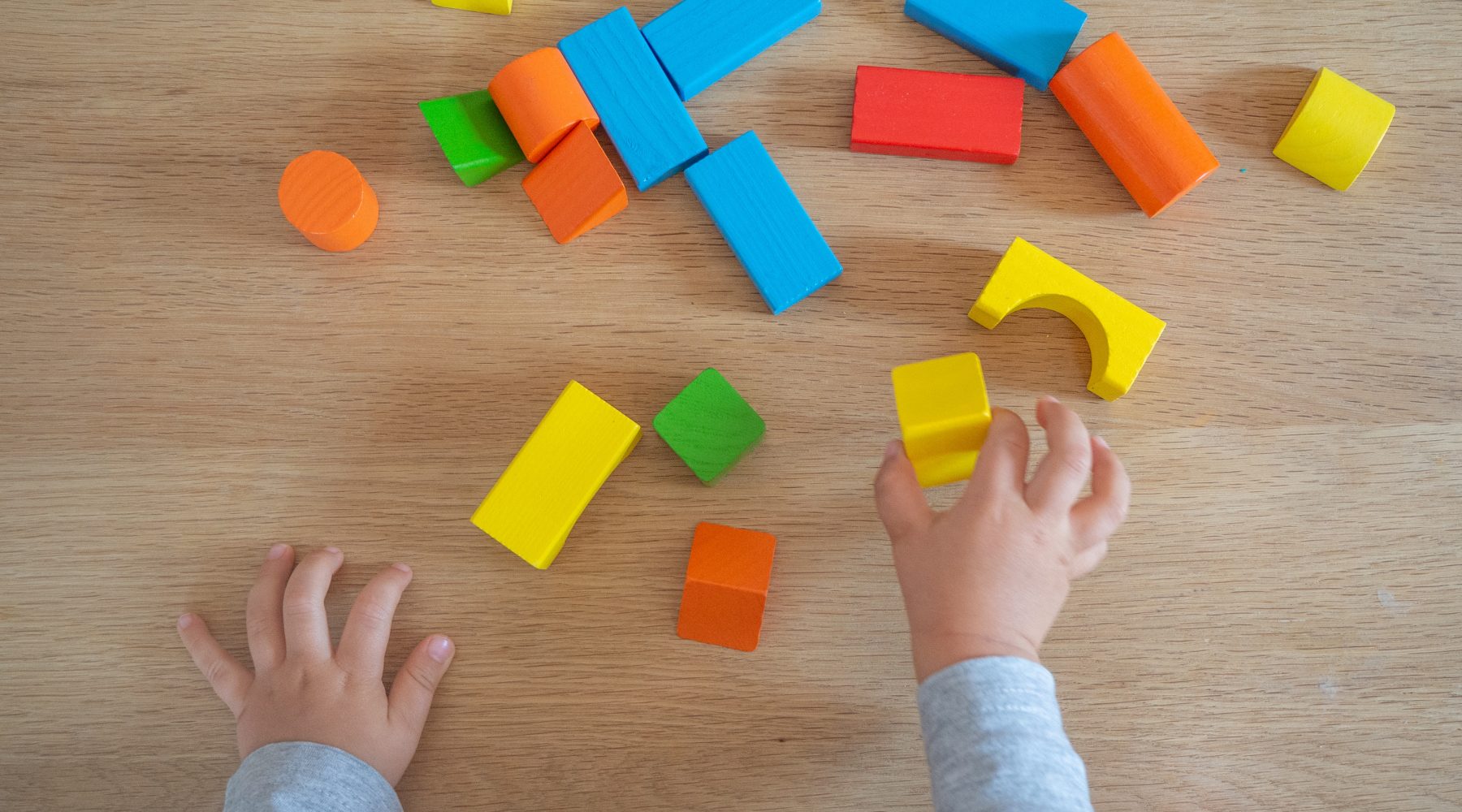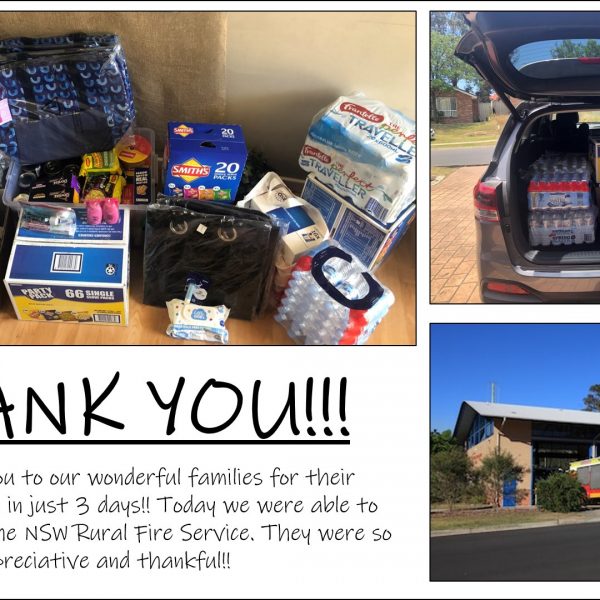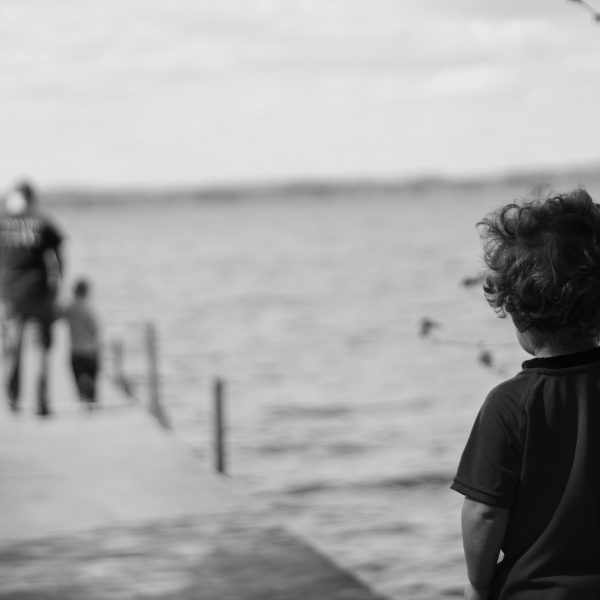Brilliant Bargo: lessons for ECEC from the catastrophic fire season

Children attending Community Kids Bargo knew “exactly what to do” when it came time to evacuate their centre during the December/January bushfire emergency, Centre Manager Emma Whitehead told The Daily Telegraph, having practiced for weeks, right down to keeping their shoes on during naptime to ensure the quickest exit possible.
Regular fire drills, disaster preparedness, and a need for greater communication with the early childhood education and care (ECEC) sector are just some of the key takeaways from the recent summer fires, with a number of prominent ECEC voices calling for change in how the sector is supported at such times.
In Bargo the children took the evacuation in their stride, Ms Whitehead said, adding that many “didn’t realise it was the real thing”.
When fires hit the adjoining town of Balmoral, Ms Whitehead knew the centre had only minutes to evacuate, sharing how she went into the centres kitchen, took a big breath, and then did a roll call, headcount, and arranged for all the children to board the centre bus.
The children from Community Kids are now part of the healing for their neighbours in Balmoral, just one of many ECEC settings who are supporting the social, emotional and physical needs of children and families in affected regions, while the sector as a whole calls for more support.
General Manager of Early Childhood Australia (ECA) Judy Kynaston told The Daily Telegraph that initial scanning to work out the level of impact to ECEC services had found it to be “quite extensive.
As a result ECA are currently bringing together resources to distribute to 1800 centres in fire affected regions. While they wait, centres such as Community Kids Bargo spoke about working with the children to process their trauma around the event through targeted play activities and other supports.
She is also keeping a close on on her staff, sharing that while she was glad the evacuations were a success, “we have all cried about it a few times”.
With much of the sector initially relying on their local CFS/RFS for information, Early Learning and Care Council of Australia CEO Elizabeth Death has called for a nationally consistent approach to bushfire emergencies, noting that the current crisis “highlighted that information flow to services facing critical decisions about closures and evacuations was often poor and uncoordinated.”
Services, she said, should have access to real time emergency service alerts, centralised information, and expert advice, to support them to make informed decisions for the safety of all children and staff.
Goodstart Early Learning CEO Julia Davison told The Daily Telegraph that the current system of supporting families with fee relief during emergencies is “too slow and too demanding on families” at a time when “they need all possible support”.
“One solution the sector is exploring with the government is that when a disaster is declared, all early learning centres can provide up to 13 weeks of access at no cost to affected families immediately,” she added.
In the interim, a number of providers including Goodstart, G8 Education and Camp Australia are offering free care for children, alongside a range of other initiatives and local and national level to support fundraising efforts.
To read the initial coverage of this story, as produced by The Daily Telegraph, please see here.
Popular

Quality
Practice
Provider
Research
Workforce
Honouring the quiet magic of early childhood
2025-07-11 09:15:00
by Fiona Alston

Policy
Practice
Provider
Quality
Workforce
Minister Jess Walsh signals urgent action on safety and oversight in early learning
2025-07-11 08:45:01
by Fiona Alston

Workforce
Policy
Quality
Practice
Provider
Research
The silent oath: Why child protection is personal for every educator
2025-07-17 09:00:31
by Fiona Alston











